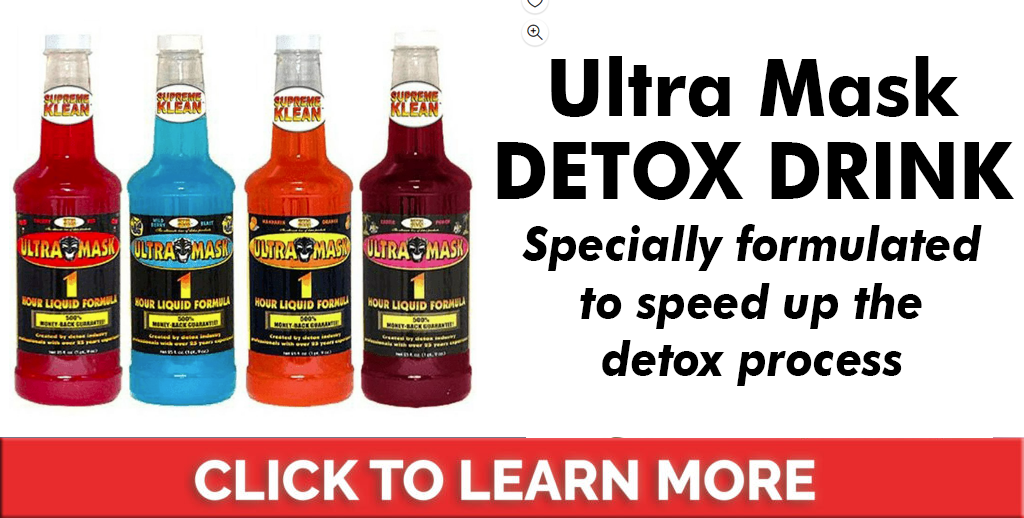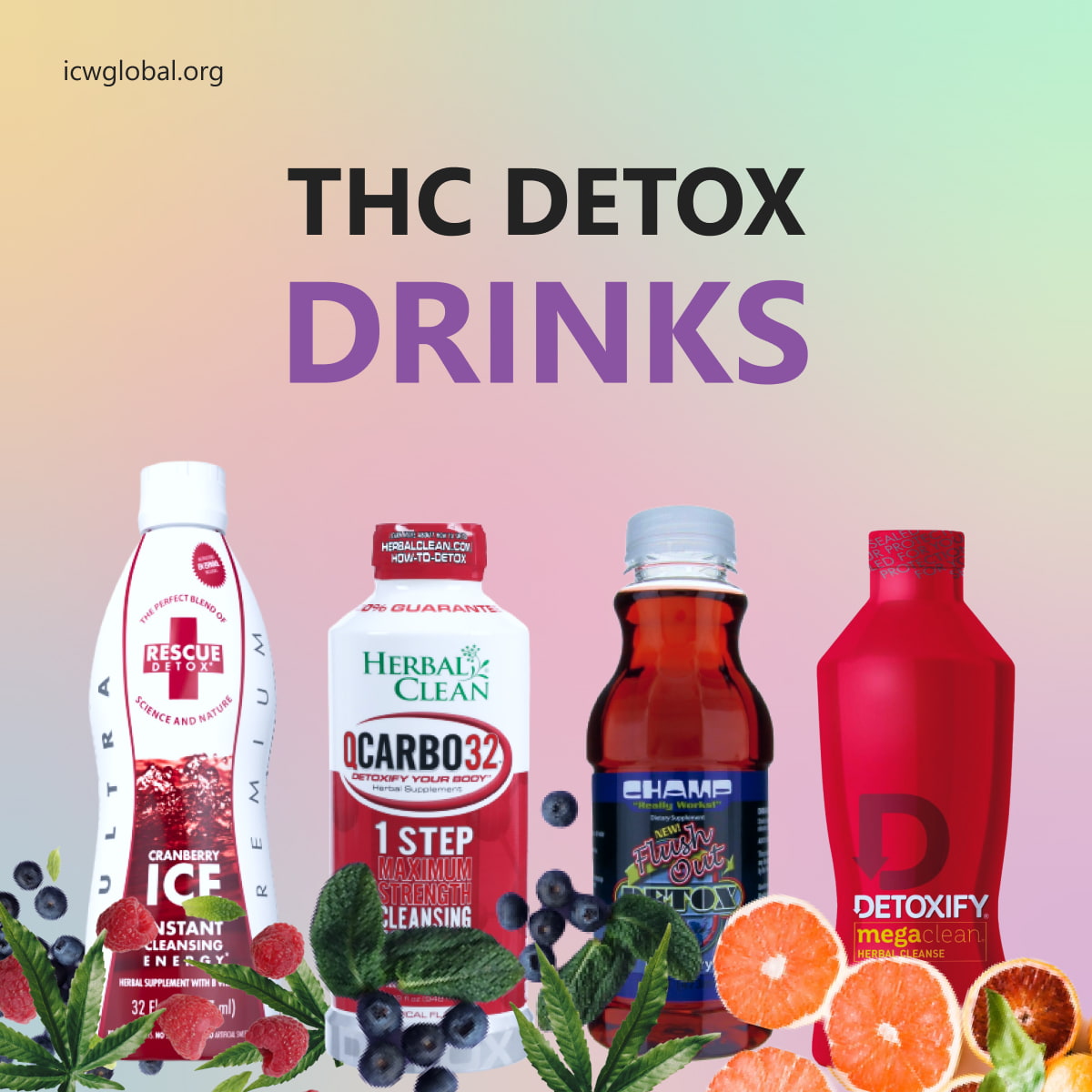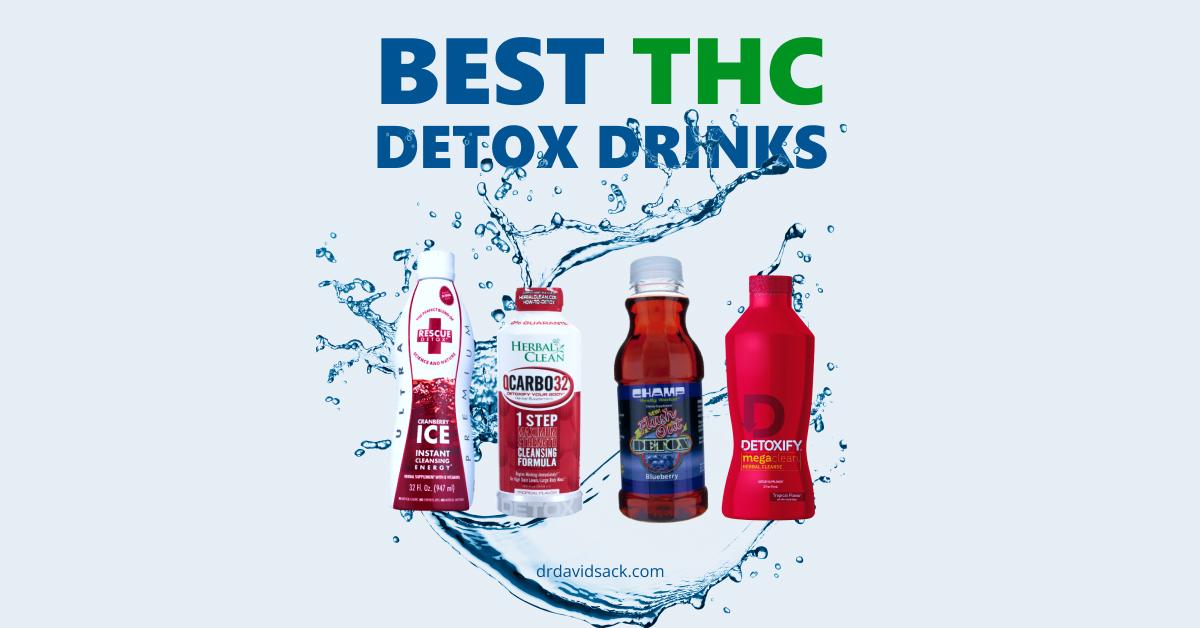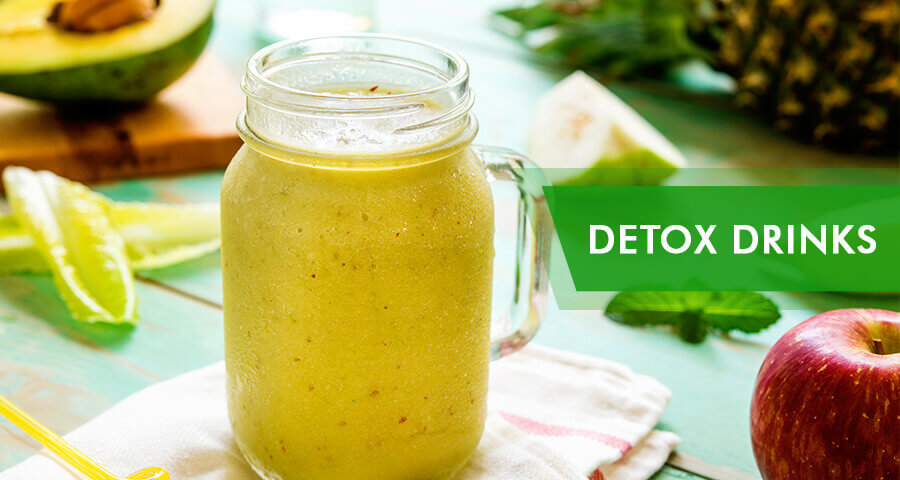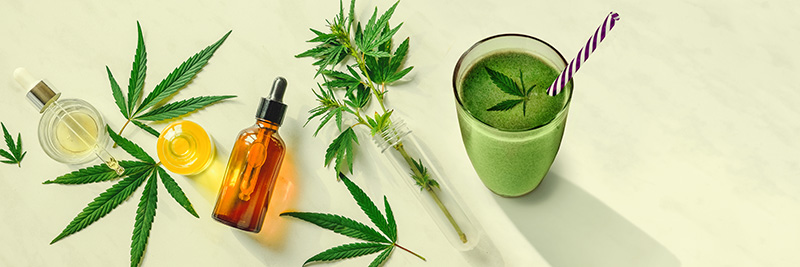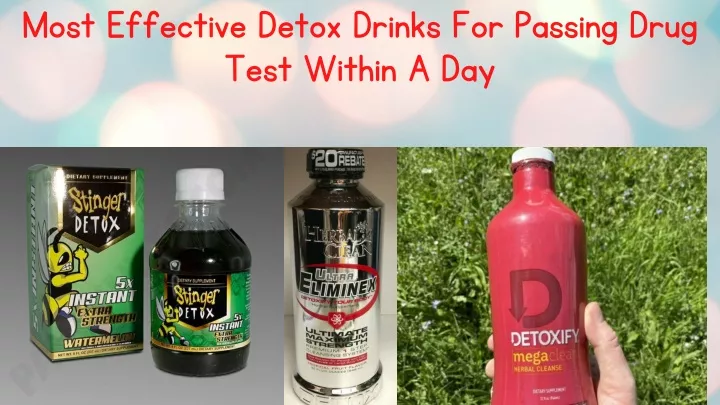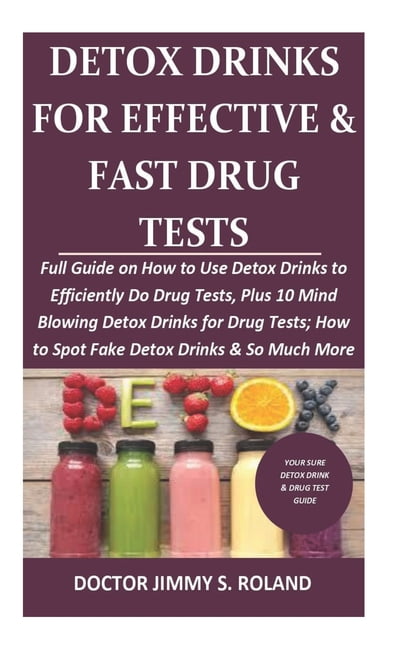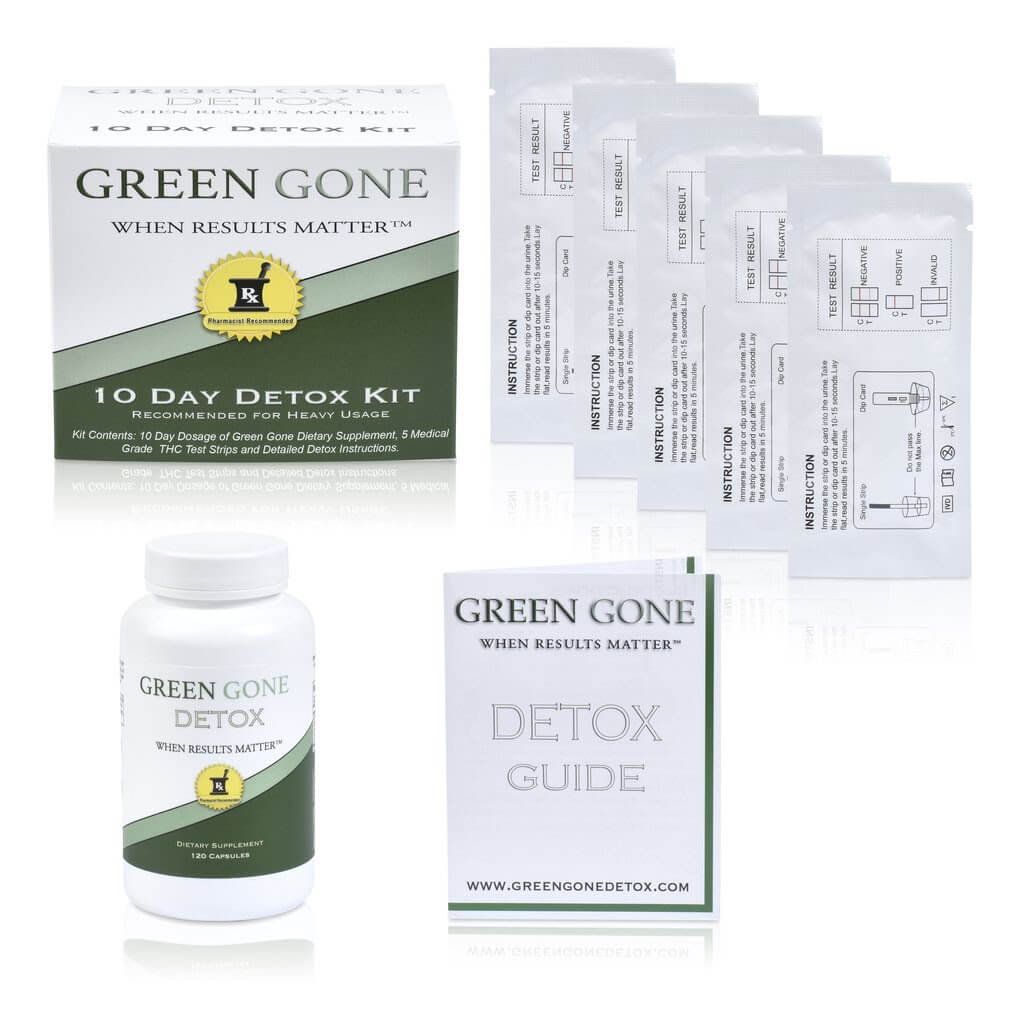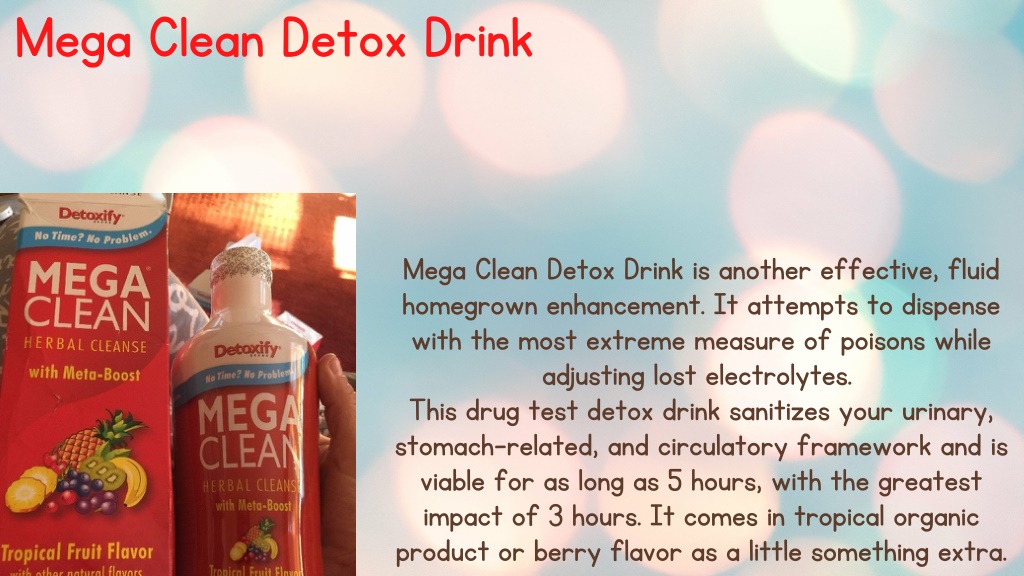Detox Drinks To Pass Drug Test
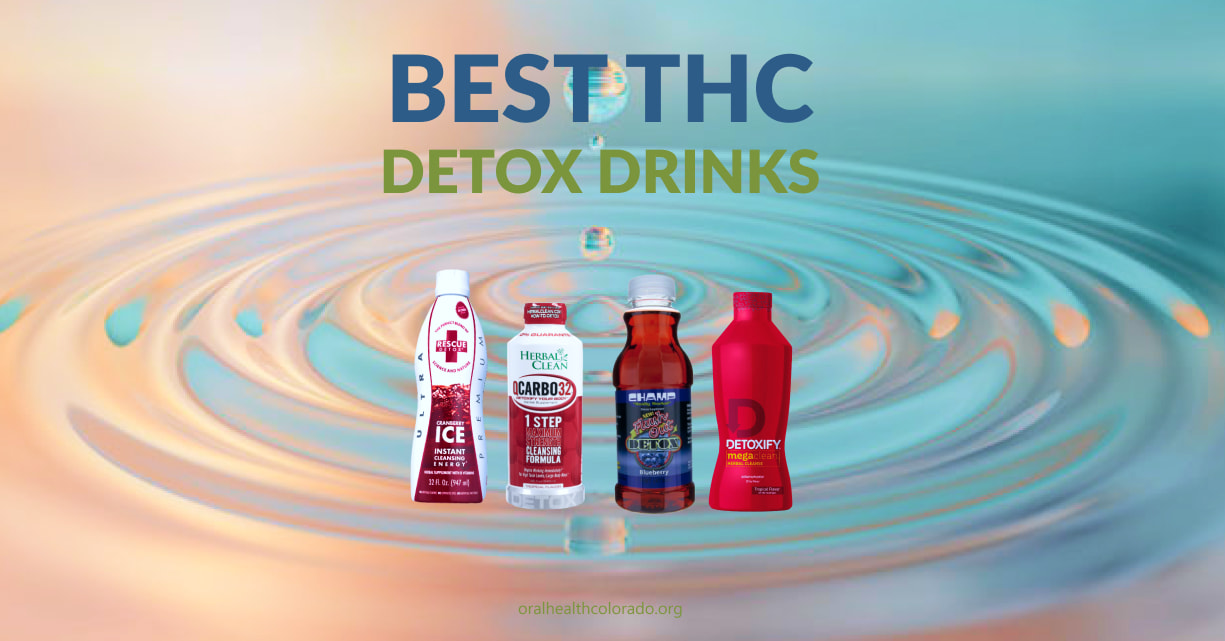
Imagine the knot in your stomach tightening with each tick of the clock. A looming drug test hangs over your head, casting a shadow on your career, your relationships, and your peace of mind. You're not alone; many find themselves in this stressful situation, searching for a lifeline, a quick fix, a way to navigate the complexities of drug testing policies.
This article explores the world of detox drinks marketed as solutions to pass drug tests. We'll delve into their purported mechanisms, examine the scientific evidence (or lack thereof) supporting their claims, and offer a balanced perspective on the risks and ethical considerations involved. Ultimately, we aim to provide readers with the information needed to make informed decisions about their health and well-being.
The Allure of a Quick Fix
The appeal of a detox drink is undeniable. Promises of a clean slate, a chance to sidestep consequences, and the potential to protect one's privacy can be incredibly tempting.
The market is flooded with these products, often boasting impressive-sounding ingredients and guarantees of success. But do these drinks actually work, or are they just clever marketing ploys preying on vulnerability?
What are Detox Drinks?
Detox drinks are beverages typically marketed to help individuals eliminate toxins from their bodies, often with the specific goal of passing a drug test. They usually contain a blend of ingredients like vitamins, minerals, herbs, and diuretics.
Some common ingredients include creatine, B vitamins, diuretics (like caffeine), and various herbal extracts. The idea is to dilute urine, replenish depleted nutrients, and potentially mask the presence of drug metabolites.
The theory behind many detox drinks centers on the idea of flushing out the system. By increasing urine production, they aim to lower the concentration of drug metabolites below the detection threshold of the test.
The Science (or Lack Thereof)
The effectiveness of detox drinks in helping individuals pass drug tests is a hotly debated topic, and the scientific evidence is largely lacking. While some ingredients, like diuretics, can indeed increase urine production, this doesn't necessarily guarantee a negative test result.
Most drug tests look for specific metabolites, not just the presence of the drug itself. Simply diluting the urine might raise red flags, leading to a retest or further scrutiny. Some testing facilities also check for creatinine levels, which can be low in diluted urine, indicating an attempt to tamper with the sample.
In a 2023 publication by the National Institute on Drug Abuse (NIDA), research indicated that relying solely on dilution as a strategy to pass drug tests can be easily detected by modern testing methods.
Common Misconceptions
One prevalent misconception is that detox drinks permanently eliminate drugs from the body. In reality, they primarily work by temporarily masking the presence of drug metabolites in the urine.
Another myth is that these drinks are a guaranteed solution for passing any drug test, regardless of the substance used or the timeframe. The effectiveness of a detox drink can vary depending on several factors, including the individual's metabolism, the type and amount of drug consumed, and the sensitivity of the drug test.
The manufacturers of these products often exaggerate claims, capitalizing on the desperation of individuals facing drug testing. It's crucial to approach these claims with skepticism and rely on credible information.
The Risks and Ethical Considerations
Beyond the question of effectiveness, there are potential risks associated with using detox drinks. Overconsumption can lead to electrolyte imbalances, dehydration, and other health complications. Some ingredients may interact with medications or exacerbate existing health conditions.
Furthermore, relying on detox drinks to circumvent drug testing raises ethical concerns. Many employers and organizations implement drug testing policies to ensure safety and maintain a drug-free environment. Attempting to deceive these tests can be seen as dishonest and could have serious consequences.
According to the Substance Abuse and Mental Health Services Administration (SAMHSA), tampering with drug tests can have legal ramifications, potentially leading to fines or even criminal charges in some jurisdictions.
Alternative Approaches
Instead of relying on unproven detox drinks, individuals facing drug tests have several alternative options. Being honest and transparent with employers or relevant authorities about potential drug use is often the best approach.
Seeking help for substance use problems is another crucial step. Many resources are available, including counseling, therapy, and support groups. Addressing the underlying issues can lead to long-term solutions and a healthier lifestyle.
For individuals who are not using drugs, understanding the testing policies and ensuring compliance is essential. Reviewing the specific requirements and guidelines can help alleviate anxiety and ensure a fair process.
A Call for Informed Decision-Making
The world of detox drinks is filled with misleading claims and unsubstantiated promises. While the allure of a quick fix can be tempting, it's crucial to approach these products with caution and skepticism.
Before investing in a detox drink, consider the potential risks, the lack of scientific evidence supporting their effectiveness, and the ethical implications involved. Weigh the pros and cons carefully, and explore alternative solutions that prioritize your health and well-being.
Ultimately, the best approach is to make informed decisions based on accurate information and responsible choices. Your health and integrity are worth more than any fleeting solution.
In conclusion, while the desire to pass a drug test is understandable, relying on detox drinks is a risky gamble. Focus on honest communication, seek help for substance use problems if needed, and prioritize your long-term health and well-being. Remember, integrity and transparency are often the most valuable assets in navigating these challenging situations.
Consider professional medical advice as the best course of action.
